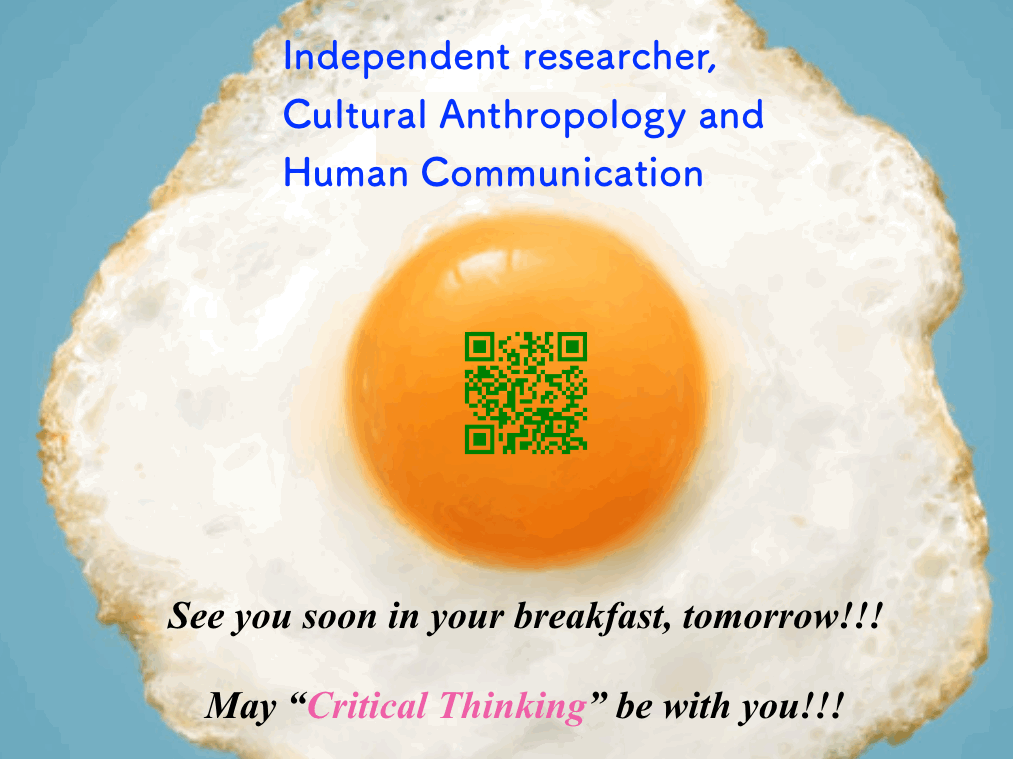
ハームリダクション連続体
On
Harm-Reduction Coutinuum

私は大阪大学COデザインセンターの医療人類学者の池田光穂です。
中米のグアテマラ先住民の地方自治政治や文化的アイデンティティの問題研究に従事してきました。しかし本日のT教授をお招きしての対話集会に は、私が現在おこなっている研究プロジェクトのうちのひとつにおいて最近経験した興味深いことについてお話したいと思います。
皆さんは、ハームリダクションあるいはハームリダクション政策という言葉は御存知でしょうか?ハームリダクションの公式的定義は、薬物依存症者 を社会的に排除するのではなく、彼らと社会の間の繋がりを維持しながら依存症の問題がもつ、個人的ならびに社会的な「害(ハーム)」を軽減する政策です。 ハームリダクション政策は、1960年代後半に英国の麻薬「汚染地区」やオランダのアムステルダムを中心に始まりました。その歴史は論争的で、麻薬利用者 たちが自助努力でつくあげたという主張と、政府の依存症問題に対するアウトリーチ政策の一環であるという主張が拮抗しています。実際のところは、当事者た ちの自助努力と、厳罰主義からパターナリズムに政策を変更しつつあった政府の「対話や交渉」から生まれたというところでしょう。
さて、麻薬管理政策には大きく2つにわけて、節制主義(abstinence approach)とこのハームリダクション・アプローチがあるといわれています。実際には、英国・オランダ・オーストラリアなど、ハームリダクションの アプローチをとる国家が社会領域においても節制主義による不法薬物の禁止措置が採用されおり、二者択一ではありません。欧米の研究者やプラグマティズムを 採用する政策研究者の多くは、ハームリダクションに親近性をもっており、厳罰主義(penal populism) あるいはゼロ・トレランスには限界があるといわれています。WHOも薬物利用者の生命維持の尊重からハームリダクション政策に傾きつつあります。他方、ゼ ロトレランス政策をとる東南アジアをはじめ東アジアでは、ハームリダクションはとても嫌われています。日本も韓国も典型的なゼロトレランスを採用する国家 です。
最近、民間レベルでは、薬物依存から回復するための自助グループ(彼らは節制主義者です)形成のために日本からの篤志家の支援が盛んになってい ます。彼らと共に、10月に韓国のソウルを訪問しました。そこで、政府系の麻薬退治センターを訪問し、会合をもちました。理事長との公的な会談や写真撮影 との後——すぐにインターネットの公式ページに映像がアップされていました——に、秘書格に相当する実務担当者と交流する機会がありました。そこで、私は 自分はオランダと日本の薬物利用の比較研究をはじたばかりの医療人類学者で、オランダのハームリダクション政策に「文化」という観点から興味をもっている と自己紹介をして、本日皆さんに手渡した論文(徐淑子先生との共著→cdob_13_063.pdf)と同じものを、渡しました。
ちょっとした議論の後に、ハームリダクションのことについてすでに知っていたと思われる彼女はこのように返事しました:「日本も韓国も薬物には ゼロトレランスと節制主義をとっていることは御存知だと思います。薬物依存者の救済には、ハームリダクションは限界があります。それは西洋でうまれた政策 だからです。ハームリダクションはここでは定着・成功しないでしょう。我々アジアにはアジアらしい方法があると思います」。
アジアにはアジアらしい方法があるという彼女の文言は、私にとってデジャブ(déjà vu)ならぬ déjà entendu でした。日本でハームリダクションについて紹介する多くの医療者は「厳罰主義の日本では無理でしょう」と口を揃えて言ってきたからです。しかし、私たちが 論文に書いたのは、節制主義とハームリダクションは二者択一的な対立原理ではなく、両方の極にある漸進主義(gradualism)で理解すべきで、それ らを私たちは、ハームリダクション連続体と呼んでいます。ハームリダクションの内部にもさまざまな漸進主義があるからです。
T教授の論文の中にみられるパロキアリズム/デ=パロキアリズムの議論から私が触発されたことは、ハームリダクションと節制主義の二者択一の発 想ではなく、連続体の中における移行としてパロキアリズムからデ=パロキアリズムを捉えることの意味についてです。二者択一の論理から、あいまいで「ぼけ た」領域における移行を考えること、そのなかではじめて、ゼロトレランスの政治空間における、ハームリダクション導入に関する交渉や対話が可能になるとい うのが、私がえた教訓です。
●Addiction, Chemical Dependency, Medical Marijuana, Prescription Drug Abuse, Alcohol Abuse, Do Abstinepce Programs Work? Drug Legalization, .....
Harm Reduction:Public Health Strategies, "The war on drugs has done little to curb drug use. Accidental drug overdose is the second-leading cause of injury-related deaths for young people. Enter harm reduction, a philosophy that accepts the idea that drug use is inevitable and that making it safer is a more realistic approach. But is harm reduction merely enabling dangerous and potentially deadly behavior? Does distributing clean needles to drug addicts send the wrong message? Is abstinence the only way to stop people from engaging in risky behavior? Experts on several sides of the debate offer perspectives on this fascinating issue." - https://www.goodreads.com/book/show/41865945-harm-reduction
Are harm reduction strategies successful?
Successful recovery requires a blend of treatment options / U.S.
Department of Health & Human Services --
Treating addiction with medication should be carefully considered / Scott Teitelbaum --
The marriage of harm reduction and conservatism promotes personal choice / Tessie Castillo --
Inconsistent hospital policies and tactics threatens recovery / Wendy Glauser, Jeremy Petch, and Mike Tierney --
Safe injection sites may promote uptake of treatment / Chloe Reichel --
Do drug users have a right to quality health care? Universal healthcare is a right / Bernie Sanders --
The Affordable Care Act's essential health benefits are at risk / Laura Santhanam --
New York health centers use harm reduction safety plans to reduce opioid overdoses / Celia Vimont --
Drug addiction affects everyone / DrugRehab.org --
Intravenous drug use is a public health issue / Jeannie D. DiClementi --
Is abstinence the only successful method of recovery? Harm reduction
takes a comprehensive approach to reduce drug addiction /
AlcoholAnswers.org --
A dialogue between harm reduction and abstinence only / Jana Burson --
Recovery is a continuum / Julia Hammid --
Using moderation management to control substance addiction / DualDiagnosis.org --
Gradualism is the key to recovery from addiction / Scott H. Kellogg --
Does law enforcement help or hinder harm reduction? Mutual trust
between law enforcement and community health systems is needed / David
Cloud --
Police culture benefits from a special network to respond effectively to HIV / Nick Crofts and Melissa Jardine --
Active police engagement can help meet the 2030 goal to end AIDS / Nick Crofts and David Patterson --
Safeguarding public health through the law / Lawrence O. Gostin and Lindsay F. Wiley --
The federal government budget for the 21st century should invest in drug treatment and prevention / Drug Policy Alliance --
Countries vary in their approaches to narcotics decriminalization and harm reduction treatments / The Library of Congress.
リンク
文献
Copyleft, CC, Mitzub'ixi Quq Chi'j, 1996-2099

Do not paste, but
[Re]Think our message for all undergraduate
students!!!